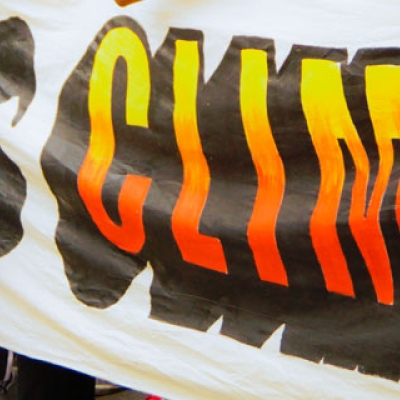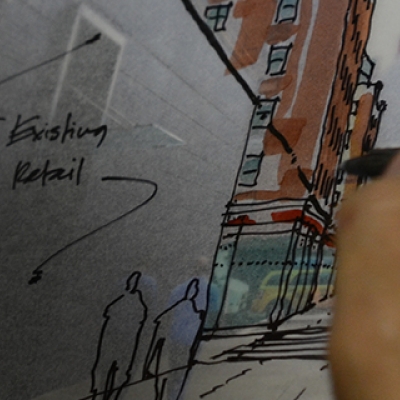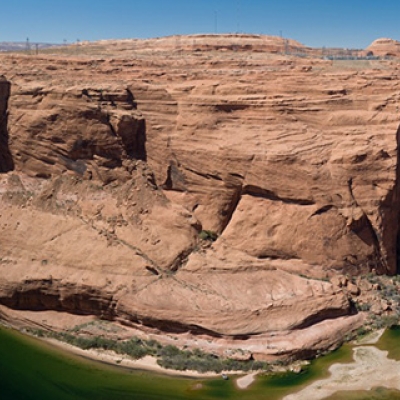
Temperate Rainforests Down Under Owe Existence to Ancient Ark
By Dominick A. DellaSala / On December 9th, 2011
Some 38-45 million years ago, Australia broke off from its parent super-continent, Gondwana, and began drifting northward. In its long and arduous journey, the ark rafted ancient species forced to cope with a cooling and drying climate. Some, like Antarctic beech (Nothofagus spp.), were forced into climatic refugia along the eastern edge of Australia where it remained moist enough to cradle the evolution of rainforest communities in changing times.



